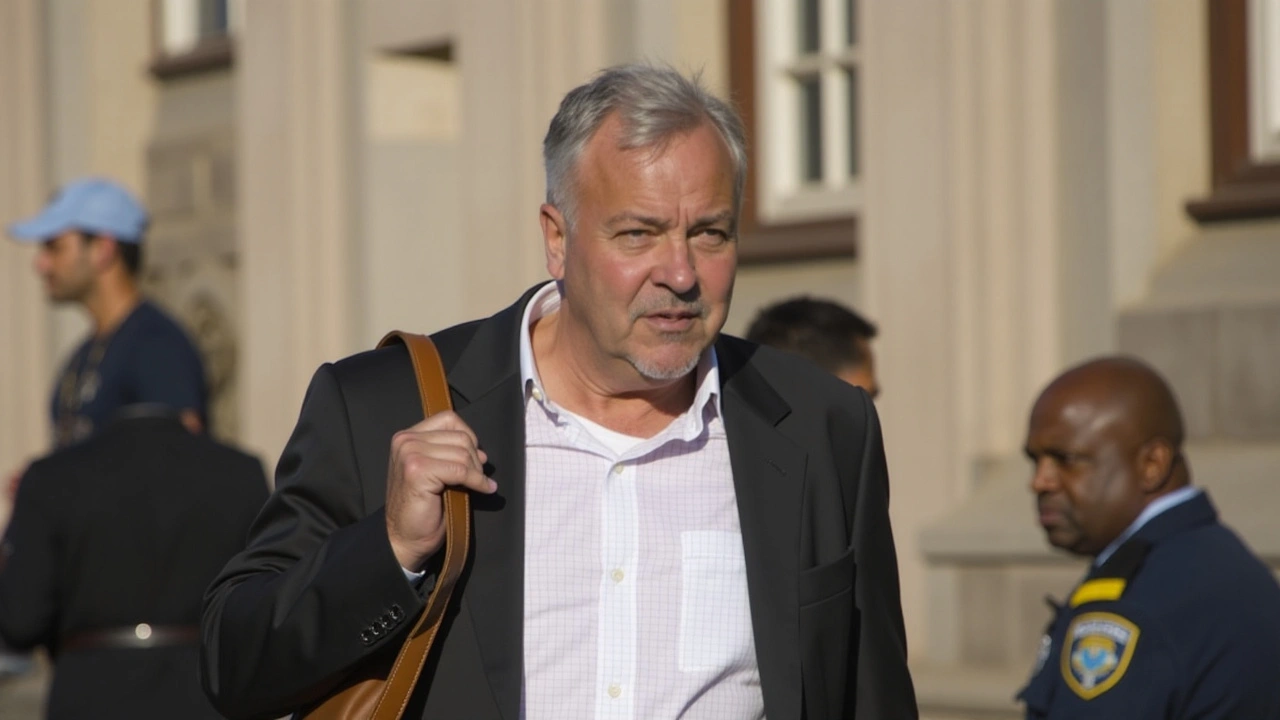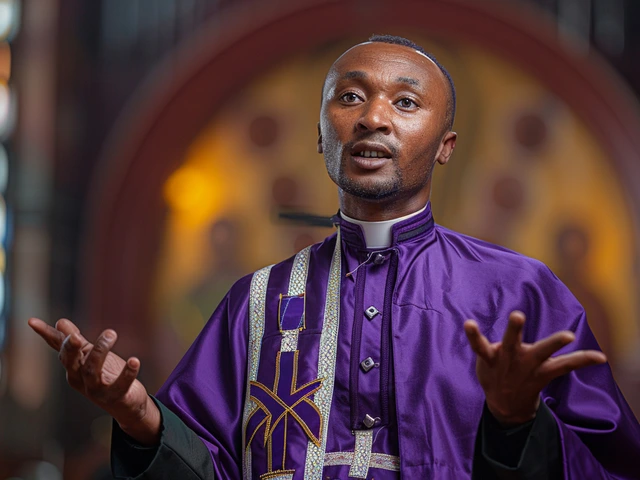What Is Money Laundering and Why Should You Care?
Money laundering is a sneaky way criminals try to clean dirty money they got from illegal acts like drug trafficking, fraud, or corruption. They do this to hide where the money originally came from so it looks legit. This is a serious problem because it helps criminals keep operating and messes up the economy.
At its core, money laundering has three main steps. First, the illegal money is placed into the financial system — for example, by depositing cash into banks or buying assets. Next, the money is layered through complex transactions to confuse where it came from. Finally, it’s integrated back as 'clean' money that looks normal and can be used openly. Sounds tricky, right? That’s why lots of countries have tough rules to catch and stop these moves.
How Does Money Laundering Affect You?
It might seem like something distant, but money laundering can impact everyday people. When dirty money slips into banks and businesses, it can raise prices and make it harder for honest companies to compete. It also contributes to more crime and corruption, hurting communities and governments.
Governments and banks work hard to spot suspicious transactions. They use special monitors and report anything fishy. As a bank customer, you might have seen 'Know Your Customer' rules where banks ask for ID and reasons for big transactions. That’s all part of cutting down money laundering risks.
Spotting and Fighting Money Laundering Today
With technology changing fast, criminals try new tactics to launder money, like using cryptocurrencies or fake companies. So, authorities continuously update their methods to keep up. International cooperation is crucial since dirty money often crosses borders.
For you, understanding the basics helps stay alert — don’t get involved unknowingly in suspicious deals or strange financial moves that might fund crime. Always check who you’re dealing with and report doubts to the proper channels.
Money laundering isn’t just a crime against banks or governments — it harms society as a whole. Staying informed and cautious is a simple way to help stop it from spreading and protect your finances.




